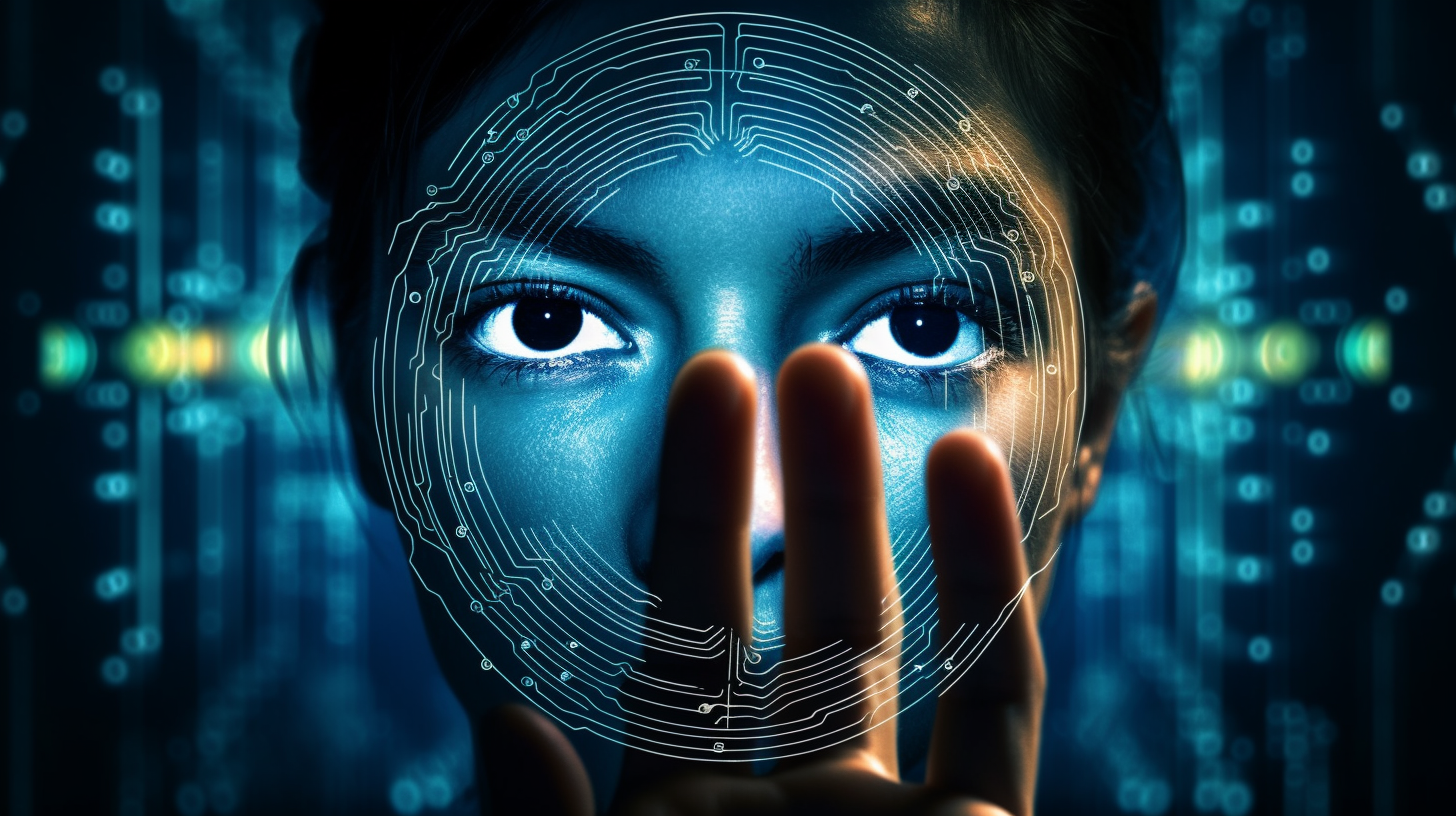The intersection of healthcare and blockchain technology is increasingly becoming a hotbed of innovation. With the promise of a more efficient, transparent, and secure medical system, the rise of ‘Health Tokens’ and biometric verification is set to redefine the way we perceive wellness and personal care in a fully digitized economy. But will these advancements mark the advent of blockchain medicine’s golden age? Let’s dissect this enlightening prospect.
We are witnessing a revolutionary transformation – where every pill, medical procedure, and health service could potentially be linked to a digital token. These Health Tokens operate on blockchain platforms, guaranteeing an unprecedented level of traceability and integrity for medical transactions. Imagine a world where your health insurance is a decentralized smart contract, your prescription drugs are authenticated via the blockchain, and each aspect of your healthcare is a part of a tamper-proof digital ledger.
But what about biometrics? In a previous exploration of biometric blockchain applications, we uncovered how fingerprints, eye scans, and facial recognition can shape a more secure and individualized patient experience. In this crypto-centric society, biometrics do not just enhance security—they are the backbone of a personalized medical identity.
Imagine stepping into a hospital where a simple retina scan suffices to unlock your complete medical history. Gone are the days of cumbersome paperwork and the risk of medical identity theft. Instead, biometric verification, paired with Health Tokens, ensures that medical services are both agile and tailored to you. This synergy is not a futuristic fantasy—it’s a burgeoning reality.
Let’s consider emergency services, for example, where every second is precious. Blockchain-enabled biometrics could effectively eliminate time-consuming identification processes, allowing doctors instant access to your medical records, allergies, or specific medical needs. It expedites care, reduces errors, and saves lives.
Moreover, we must ask – how does this affect the economics of healthcare in a crypto society? Health Tokens might just be the catalyst needed for a more equitable system. Rather than negotiating labyrinthine insurance plans, Health Tokens offer a straightforward, pay-for-service approach. Combined with biometric identification, they prevent fraud, reducing overall costs and improving accessibility to healthcare services for all.
Nevertheless, challenges persist. The prospect of a universally-adopted Health Token system faces regulatory hurdles and the ever-present skepticism regarding the sharing of biometric data. How do we safeguard against potential breaches of privacy? Furthermore, ensuring universal access to these technologies becomes a concern in the fight against a growing digital divide.
Previous articles, including discussions about blockchain’s role in healthcare and the intricacies of biometrics, have laid the groundwork for understanding the importance of these discussions. As we forge ahead into a world where blockchain and biometrics converge, we must continually assess the impact on ethical standards, societal norms, and personal rights.
Indeed, we stand at the cusp of innovation. Will Health Tokens and biometric blockchain technology usher in the Golden Age of Blockchain Medicine? It is a question of balance between embracing cutting-edge technology and preserving the human touch in healthcare. Perhaps it’s not so much a question of ‘if’ but ‘when’ and ‘how’ this new age will unfold. The potential for a transformed medical sector is undeniable – one where efficiency, security, and personal care are not just optimal but guaranteed.
In conclusion, as we closely observe the relentless march of progress, let us embrace the possibilities with cautious optimism. After all, in a society where the currency of health is digitized, we must remain vigilant to ensure that technology serves humanity, and not the other way around.
